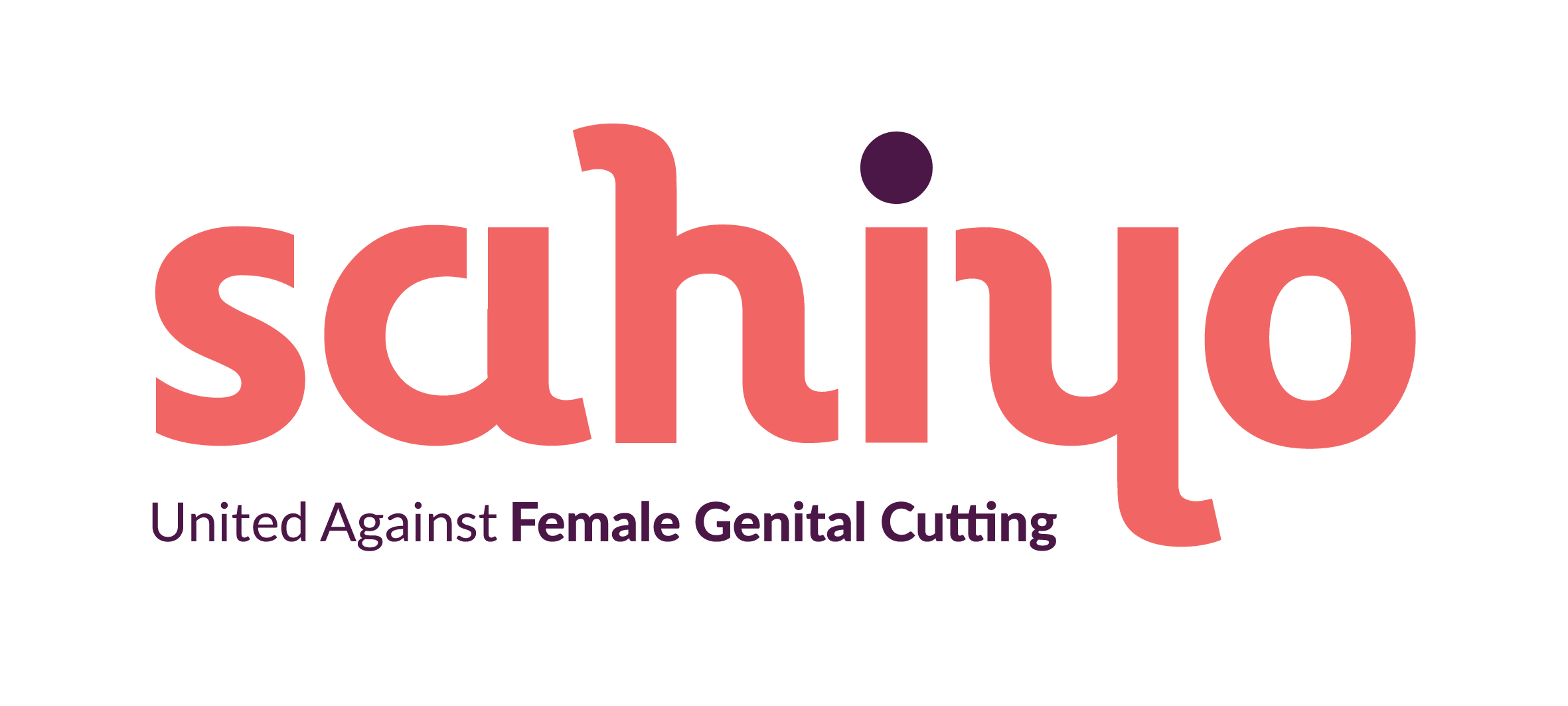On June 13, 2019, a collective of almost 60 experts from different disciplines and cultural groups took the first steps to create a ‘Massachusetts End FGM/C Network’, to highlight the largely unrecognized global issue of Female Genital Mutilation/Cutting, and to share knowledge and resources to help end the practice.
The experts gathered to attend the first of its kind roundtable to address FGM/C in the state of Massachusetts. They included community leaders, civic society organizations, health professionals, state government officials from the Massachusetts Legislature, and the Massachusetts Office of the Child Advocate, and federal government officials from the Department of Justice, and Department of Homeland Security Investigations.
The event was organized and led by Sahiyo, a storytelling organization working to support survivors of FGM/C, with support from co-sponsors Muslim American Leadership Alliance (MALA), Tostan, MassNOW, Lesley University, the US End FGM/C Network, and the Women’s Bar Association of Massachusetts.
A prevalence study conducted by the Center for Disease Control (CDC) and Prevention reveals that in 2012, over half of a million women and girls in the United States had FGM/C performed on them or were at risk of FGM/C. Massachusetts ranks 12th in the nation for at-risk populations, totalling 14,591, with the largest at-risk metro areas being Boston, Newton, and Cambridge.
“I’ve undergone FGM/C and I know FGM/C is a global issue affecting women of all different ethnicities, religions, cultures, socio-economic status, and more,” said Mariya Taher, Sahiyo Cofounder and U.S. Executive Director. We need a global response to ensure future girls do not undergo it. We need to think globally and act locally.”
“All are about the cultural control of women’s bodies,” s aid Representative Jay Livingstone in reference to FGM/C. Livingstone is a former prosecutor and co-lead sponsor of the Massachusetts FGM/C criminal bill – H. 3332 who connected the dots between this recent bill to Massachusett’s Equal Pay Act and other pending state legislation, such as The Roe Act. Rep. Livingstone expressed his hope that the FGM/C had bi-partisian support during this legislative session and would pass this session.
Dr. Melody Eckhart, an OB/GYN at Massachusetts General Hospital, and Dr. Sondra Crosby, an internist at Boston Medical Center, spoke about their experiences working with patients who have undergone FGM/C and physical complications that can result, including shock, pain, hemorrhage, infection, and anemia. They warned of the long-term consequences of scar tissue and cyst formation impeding proper urination and menstruation, sexual dysfunction, and complicated labor and delivery, as well as fetal demise. They also called on the urgent need for educating health professionals on how to care for survivors — including addressing their psychological and emotional needs.
“FGM/C is shrouded in secrecy even in the medical community,” said Dr. Crosby. “Health professionals need training in how to work with women in non-judgemental ways, how to make referrals, and how to treat the medical and psychological consequences of FGM/C, such as post-traumatic stress disorder and depression. Medical personnel need to understand the women’s FGM/C experience before they could diagnose and treat it.”
The roundtable was a vital first step to create a multi-disciplinary working group that works to protect all girls in Massachusetts from experiencing this form of gender-based violence.
For more information, contact Lara Kingstone at This email address is being protected from spambots. You need JavaScript enabled to view it.

